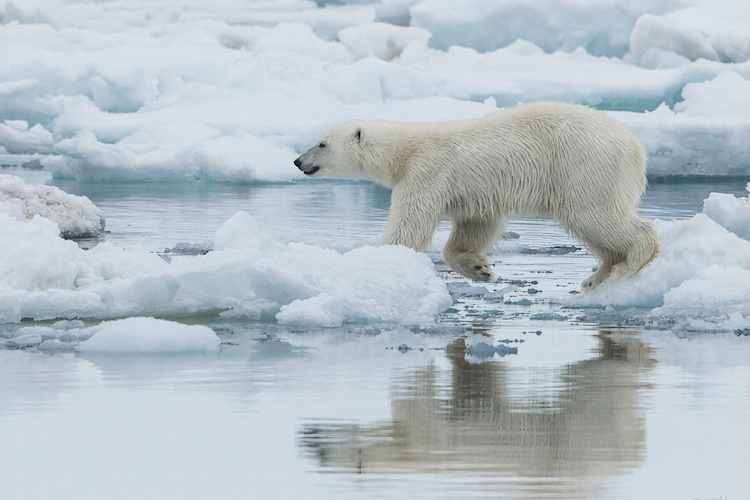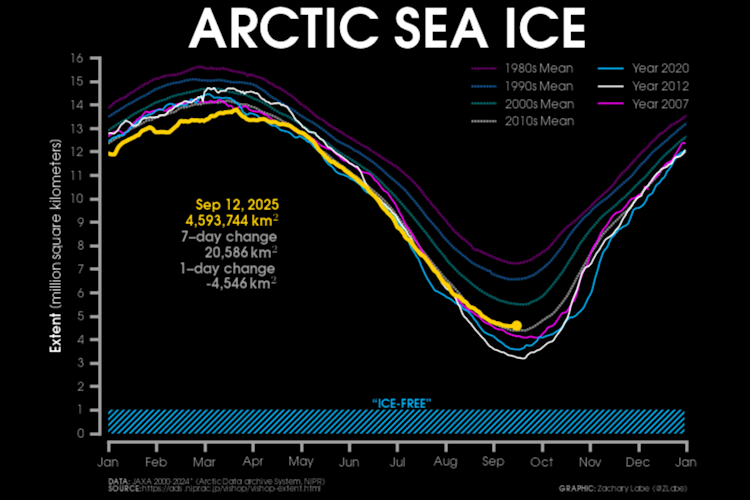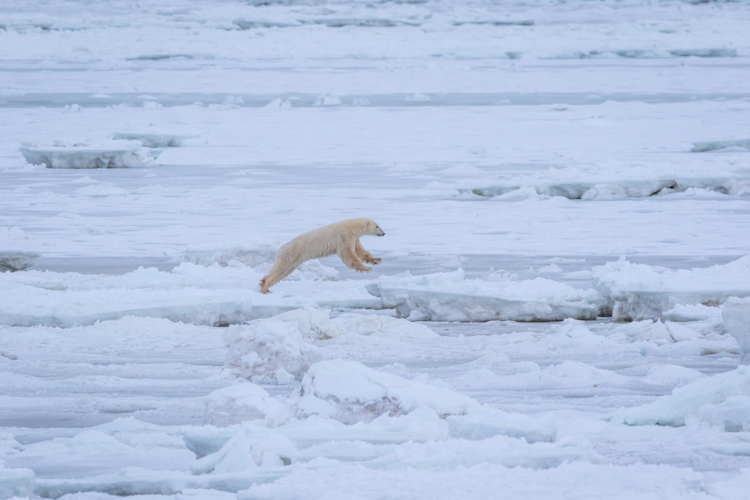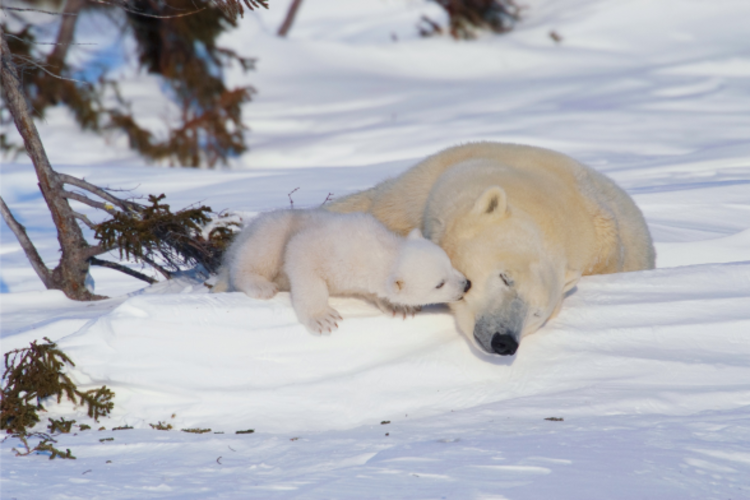In worrisome news for conservation, a recent ruling by the U.S. Supreme Court could impact polar bears and climate action in the United States for years and decades to come. The decision underscores the need for U.S. citizens to consider the impact of judicial appointees when casting a vote in presidential and Senate races.
On June 28, 2024, the U.S. Supreme Court undid 40 years of judicial precedent by overturning the 1984 case Chevron v. Natural Resources Defense Council. That case effectively gave subject matter experts within government agencies reasonable latitude to guide policy when it came to ambiguity within laws. For example, if Congress passed a hypothetical law directing the Department of the Interior to broadly protect essential wildlife habitat on federal lands, people at agencies like the Bureau of Land Management, Forest Service, and National Parks Service would use science and experts’ experience to determine the best way to do so. Chevron v. Natural Resources Defense Council established that the decisions those agencies made to fill in the gaps would be considered legally binding, and that if they were challenged in court, judges would defer to agencies’ reasonable interpretation of the laws. This would become known as “the Chevron deference” and worked on the logic that the experts most familiar with specific topics like pollution, wildlife, toxins, and more were not found in Congress or courts but instead in federal agencies. Therefore, the ruling determined that the agencies were best suited to figure out the nitty gritty of how laws would be implemented.
This was good for polar bear management, the environment, and conservation. The U.S. Fish and Wildlife Service is the government agency tasked with managing polar bears in and on American lands and waters, and other agencies like the Bureau of Land Management and the U.S. Geological Survey are also heavily involved. People at those agencies make decisions all the time about how to best study and manage polar bears. As the experts, the Chevron deference meant that their choices on topics like monitoring polar bear populations and managing conflict between polar bears and people were considered final. And that’s to say nothing about specific laws like the Marine Mammal Protection Act and Endangered Species Act that guide polar bear conservation at the highest level. While detailed and data-driven, those laws still don’t answer every question a polar bear manager might have, especially when conditions change after a law is made. With the Arctic one of the most rapidly changing places on the planet, the Chevron deference allowed polar bear experts to fill in the gaps.


















